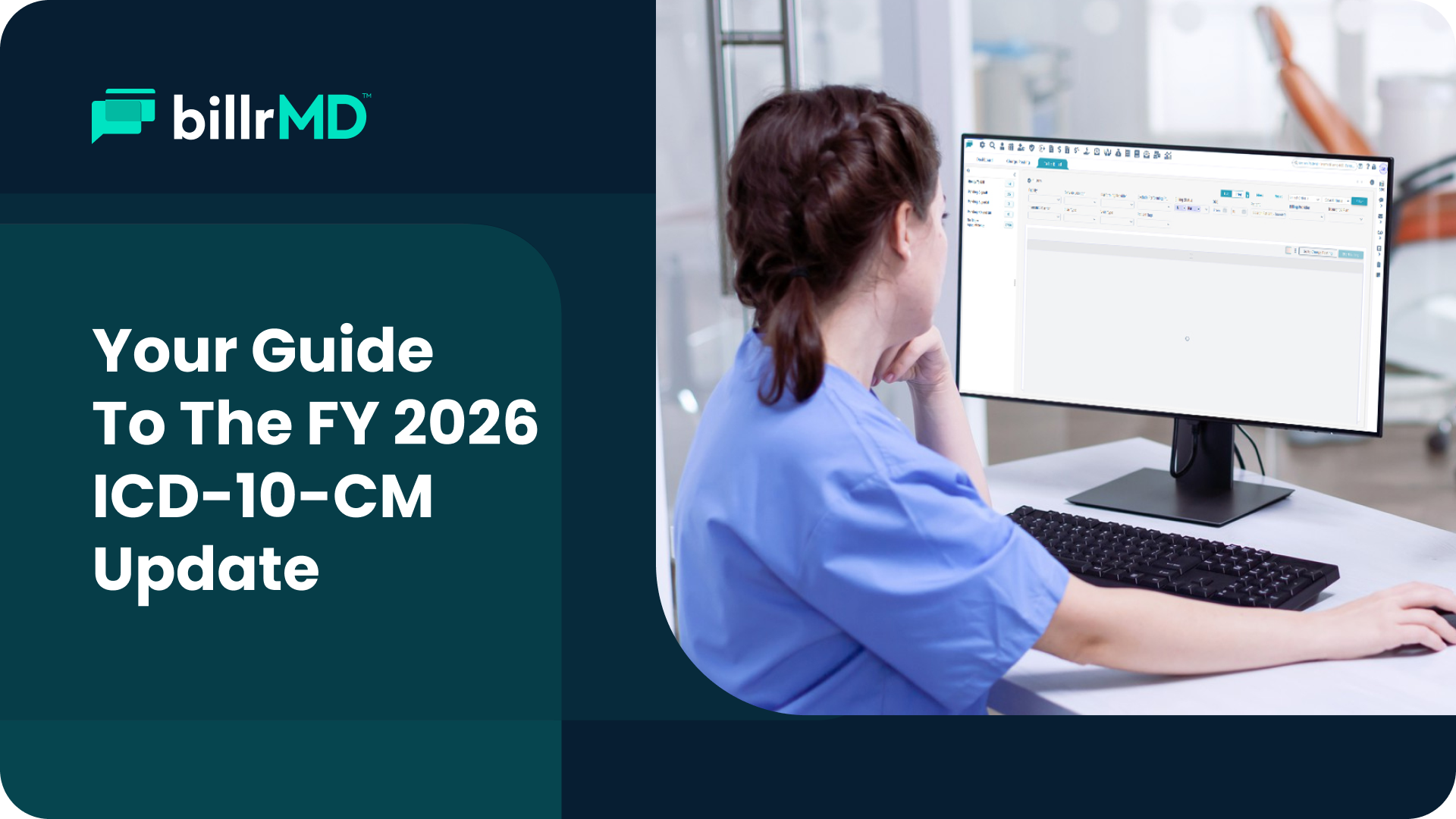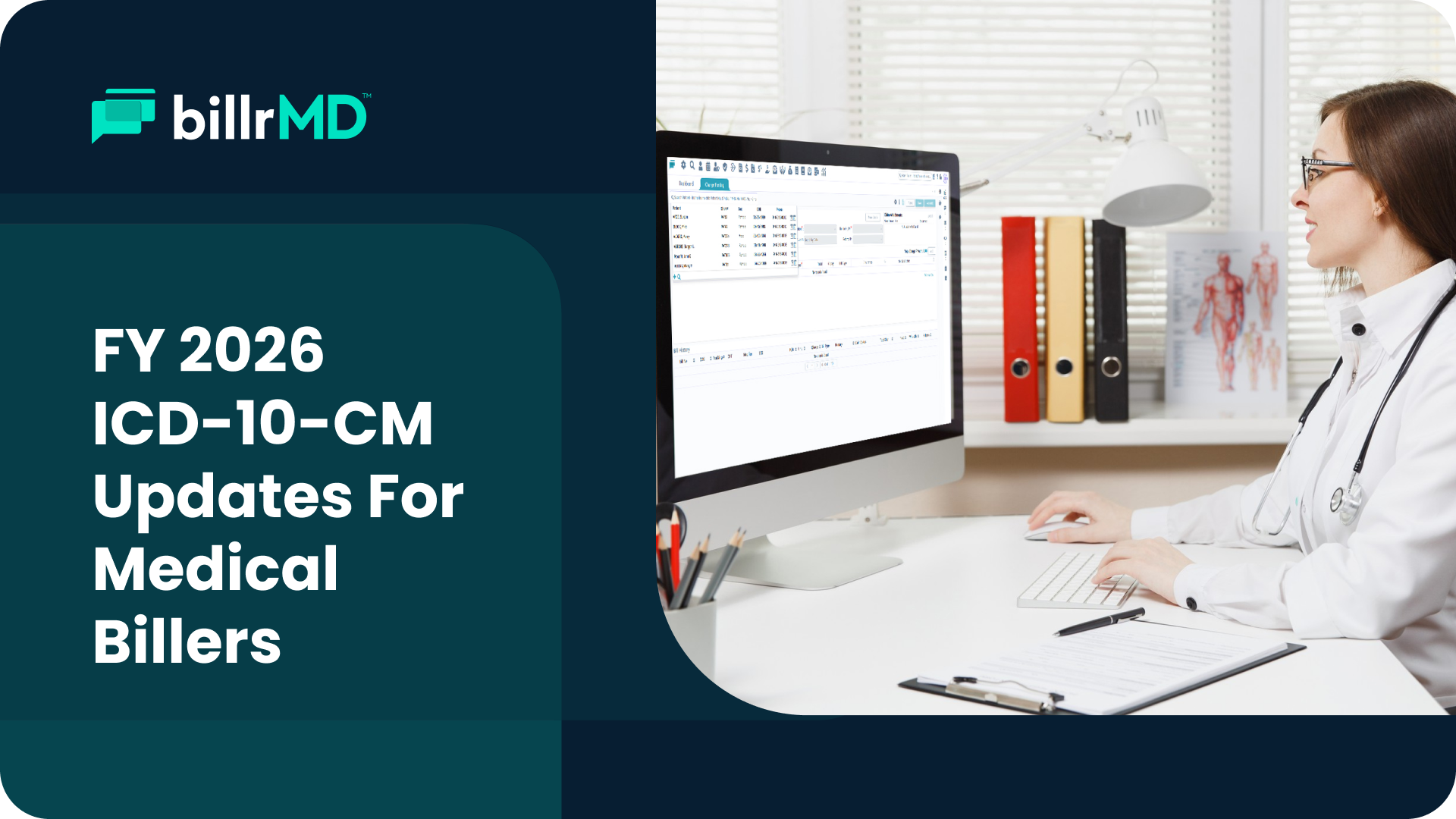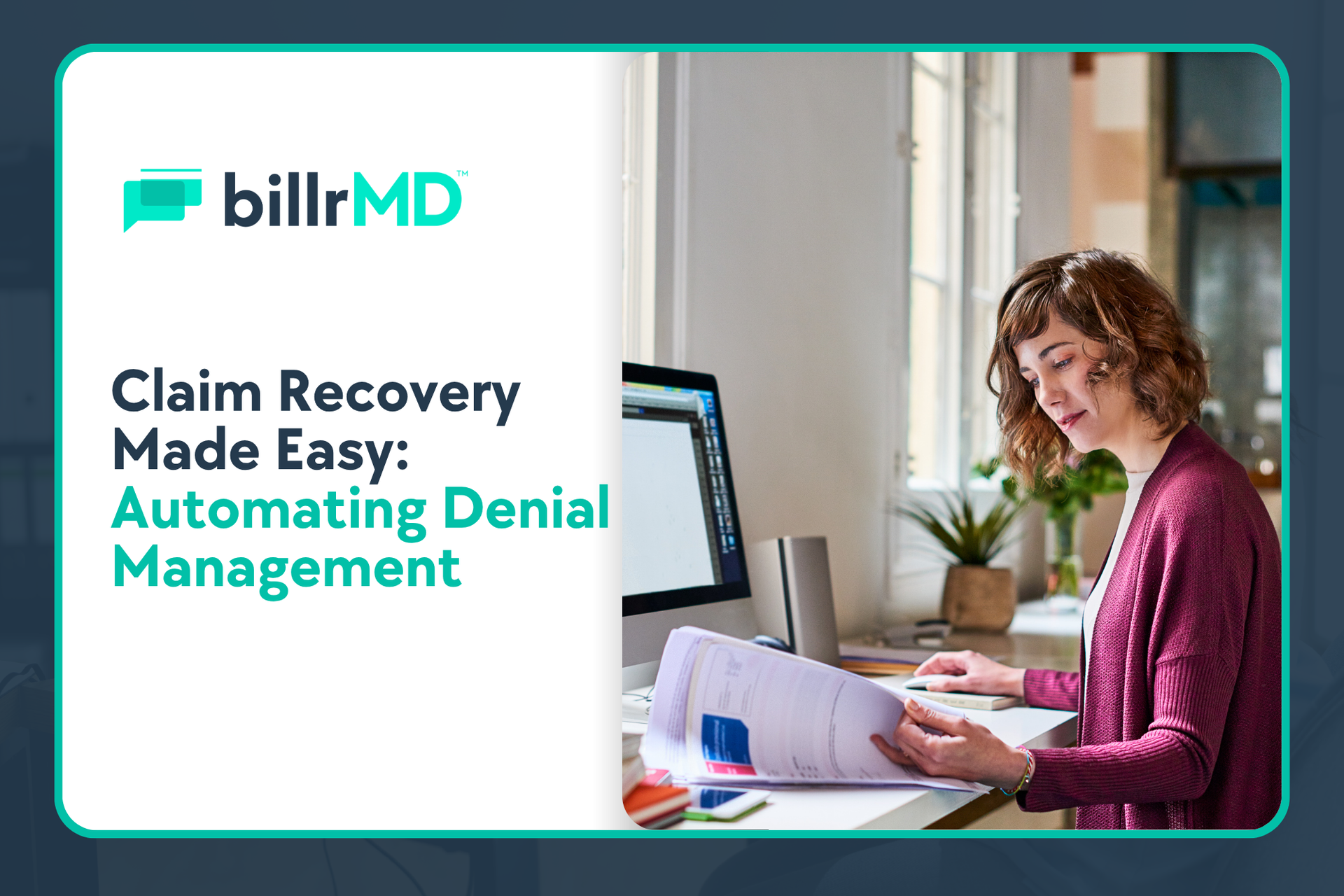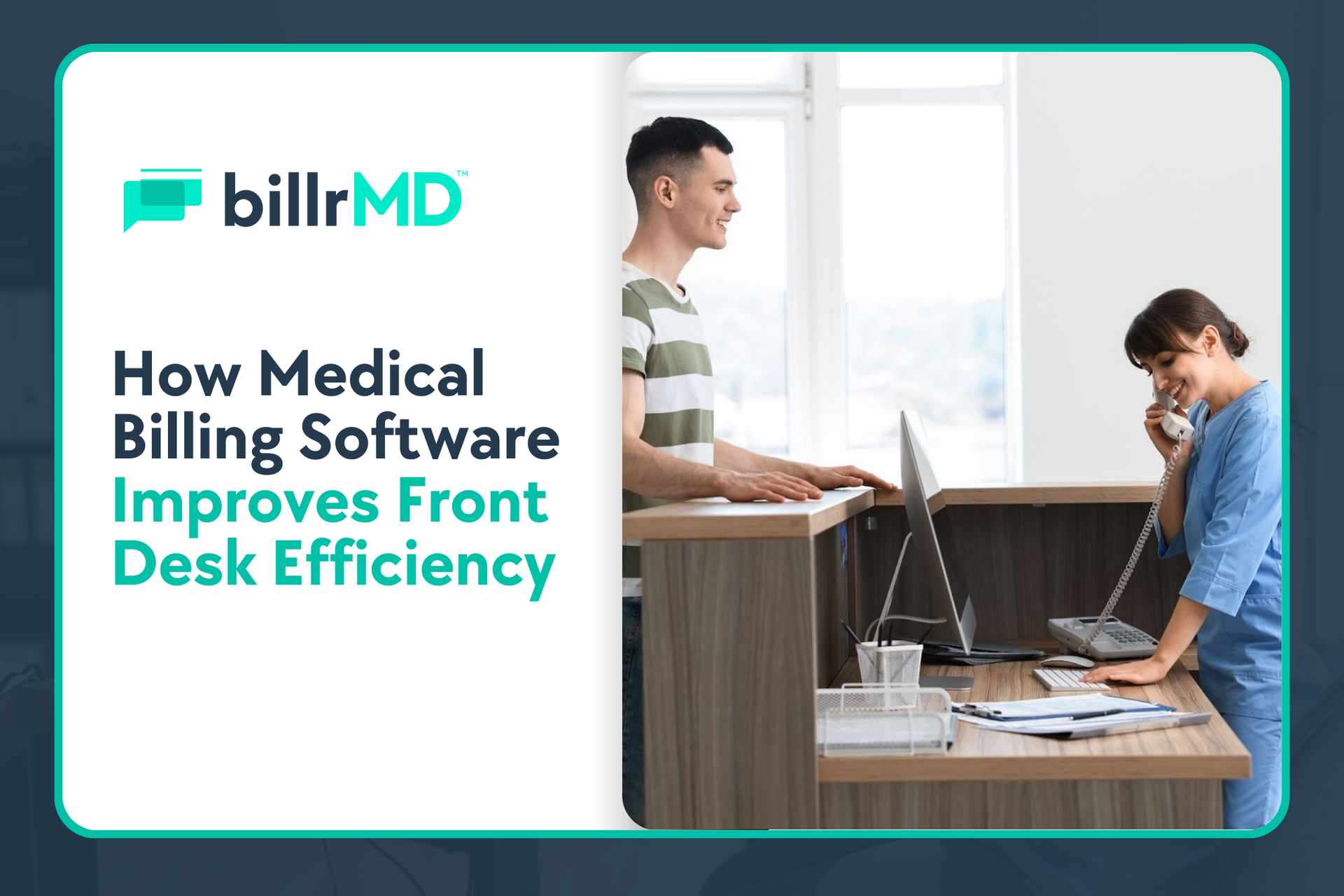How to Respond to Negative Patient Reviews

The impact of poor online ratings and reviews goes deeper than just hurt feelings and bruised egos. While you could get over harsh criticism from a patient in a day or two, your practice will bear the long-term consequences of negative, unanswered feedback.
That’s why knowing how to respond to negative reviews is essential to save your practice from a tarnished reputation, fewer patients, and, ultimately, less revenue.
How Online Doctor Reviews Influence Patient Decisions

From a marketing perspective, online reviews are a great way to build credibility through social proof. It gives prospective patients a glimpse at the kind of service they can expect from you through the experiences of other patients.
So it’s not surprising why
online reviews are the third most crucial driver of patients’ decision to choose a provider—the first two? Insurance acceptance and location. As consumerism continues to alter patient expectations and behavior, healthcare consumers are becoming less tolerant of poor patient experiences; all it takes is a few bad reviews to put them off.
Read More:
5 Fool-Proof Strategies to Promote Your New Medical Practice
While it’s impossible to please everyone, responding to your patients’ feedback shows strong business ethics and demonstrates your willingness to listen and improve. When you go the extra mile to make patients feel heard and validated, it negates any negative impact a bad review might bring to your practice.
4 Steps in Responding to Negative Patient Reviews

1. Monitor Key Channels & Platforms
The first step to online reputation management is identifying the key online spaces where your patients may leave reviews. Whether it’s online practice listings, social media platforms, or your website, it’s vital that you monitor these spaces regularly to avoid any negative reviews from falling through the cracks.
Keeping an eye on your online channels allows you to respond quickly to any comments—good or bad—that a patient may leave. In marketing and public relations, preventing a potentially damaging scenario is much easier than doing damage control. So investing time, effort, and resources into online monitoring is a wise business move.
2. Respond as Soon as Possible
The best time to respond to a negative comment is now. In a world where news travels to multiple places in seconds, you don’t want to leave a bad comment unanswered longer than necessary.
Not only will responding immediately mitigate adverse effects on your reputation, but it also shows your sense of urgency in attending to your patients’ needs. Any customer appreciates a speedy response and resolution to their concerns. Responding quickly might even win frustrated patients back.
3. Personalize Your Response
The last thing you want when communicating with a frustrated patient is to appear insincere. It might be easier and faster to simply send out a generic response, but scripted replies don’t evoke the same level of sincerity a personalized message does.
Mentioning their name, acknowledging their unique concerns, and taking responsibility show patients that someone took the time to hear them out. This is also an effective way to ask the reviewer to communicate with your staff privately rather than exchanging messages in the comments section for everyone to see.
4. Provide Resolution
Responding to negative reviews does not end by simply acknowledging the reviewer’s concern, showing empathy, and taking responsibility. The last, and perhaps the most crucial step, is communicating what you will do in response to their complaint.
Sometimes it means handling the concern yourself or getting back to the reviewer with an update. Whatever the case, always provide a resolution at the end of your exchange. Whether it’s giving assurance that you’ll take steps to correct the issue, providing a refund or a discount voucher for their next visit, or other mitigating measures that will help you win their trust back, the most important thing is that the reviewer walks away knowing that you did everything to resolve the issue.
Mastering Reputation Management Pays Off

Perhaps all providers and practice managers aspire to have a spotless reputation. But even if you encounter nasty comments from dissatisfied patients, it’s not the end of the world if you know how to respond to them.
Read More:
Patient Retention Strategies: 5 Ways to Keep Patients Satisfied
Reputation management is a skill you acquire through consistent and sustained communication with your patients. However, since your patient acquisition and retention efforts are mainly hinged on your reputation, the time you put into mastering reputation management will eventually pay off.
With the challenges that come with managing your practice’s reputation, a robust practice management software like
billrMD can help lighten the burden. billrMD simplifies and accelerates your workflows to create a streamlined process across every area of your practice. When your day-to-day operations run smoothly, you can focus on mastering reputation management and perfecting how you respond to negative reviews.













